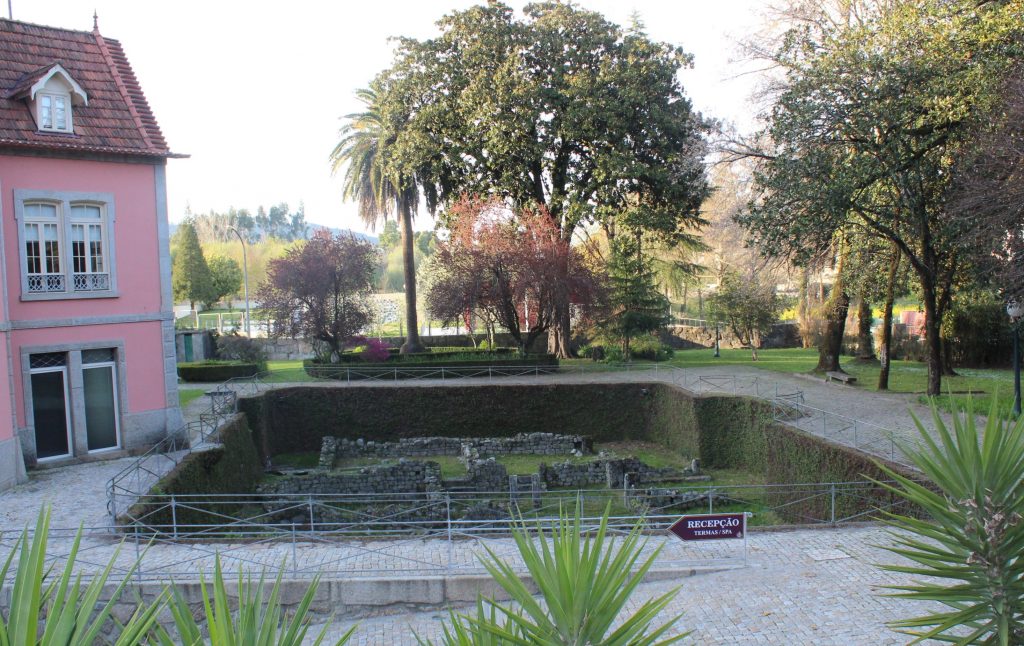praeterea tribus tricliniis accepti οί περί αυτόν valde copiose. libertis minus lautis servisque nihil defuit. nam lautiores eleganter accepi. quid multa? homines visi sumus. hospes tamen non is cui diceres ‘amabo te, eodem ad me cum revertere.’ semel satis est. σπουδαϊον οὐδέν in sermone, φιλόλογα multa, quid quaeris? delectatus est et libenter fuit. Puteolis se aiebat unum diem fore, alterum ad Baias.
His entourage moreover were lavishly entertained in three other dining-rooms. The humbler freedmen and slaves had all they wanted—the smarter ones I entertained in style. In a word, I showed I knew how to live. But my guest was not the kind of person to whom one says ‘Do come again when you are next in the neighbourhood’. Once is enough. We talked of nothing serious, but a good deal on literary matters. All in all, he was pleased and enjoyed himself. He said he would spend a day at Puteoli and another at Baiae.
Aparte de esto ‘los de su séquito’ fueron acogidos con suma abundancia en tres comedores; a los libertos de menos categoría y a los siervos no les faltó nada: a los de más categoría los acogí con refinamiento. ¿Para qué extenderme? Yo parecía un hombre de mundo; sin embargo, no es un huésped al que se le diría «por favor, vuelve a verme cuando regreses». Con una vez es bastante. ‘Nada de cuestiones importantes’ en la conversación, muchas ‘eruditas’. ¿Que quieres que te diga?; disfrutó y lo pasó bien. Dijo que iba a estar un día en Puteoli y otro en las inmediaciones de Bayas.
Commentary
Cicero, after describing how he recieved Caesar at his villa in Puteoli, on the first day of Saturnalia, explains that the dictator was going to spend one day in Puteoli and another one near Baiae.


